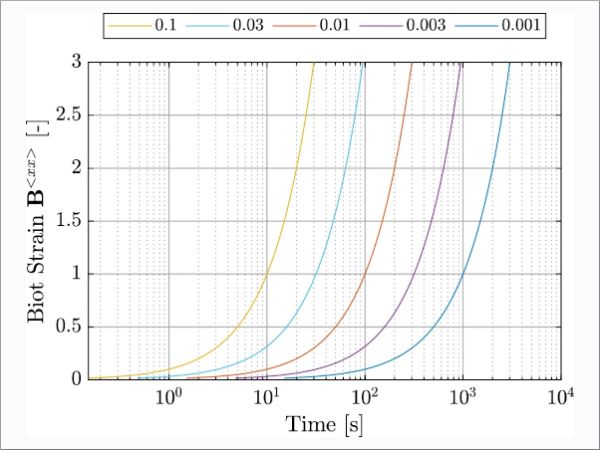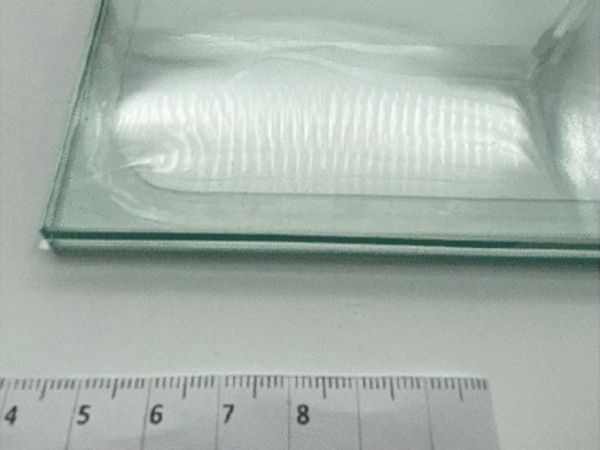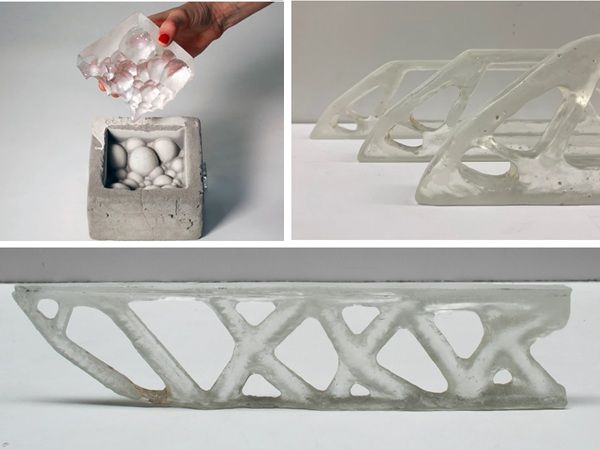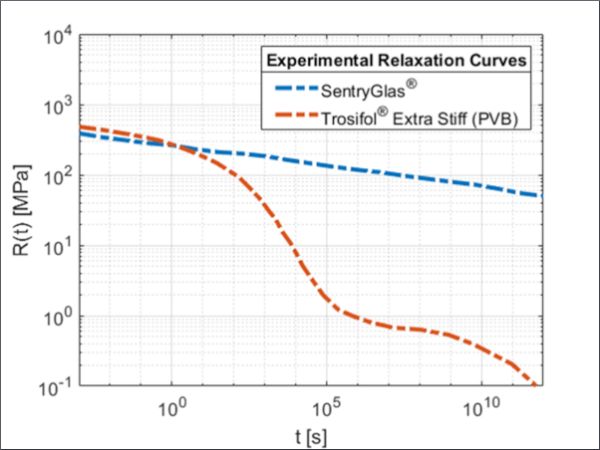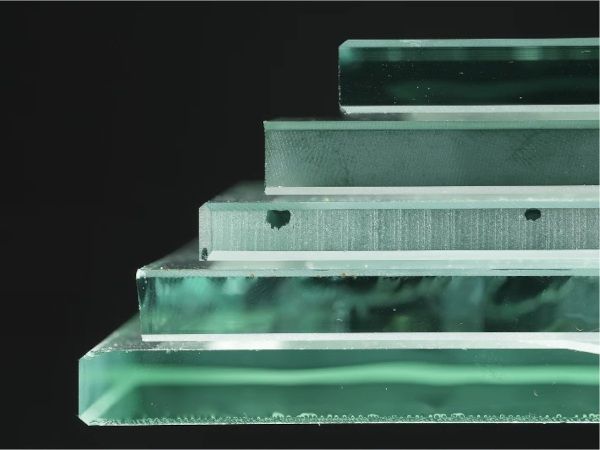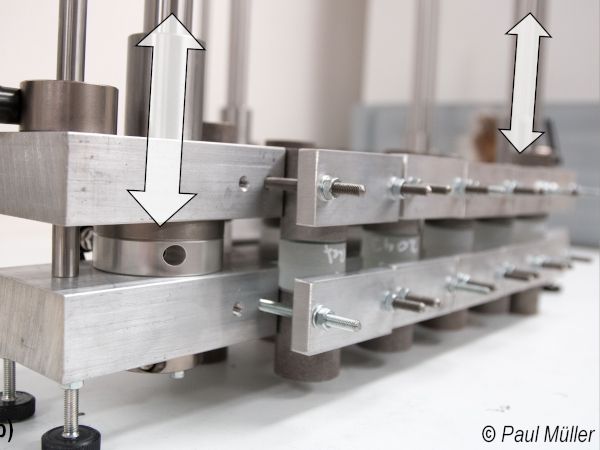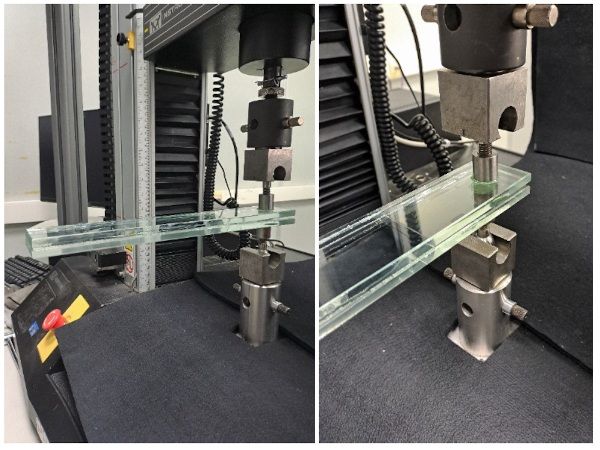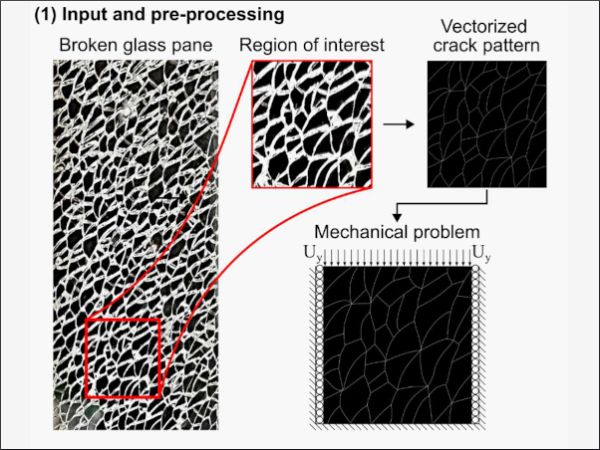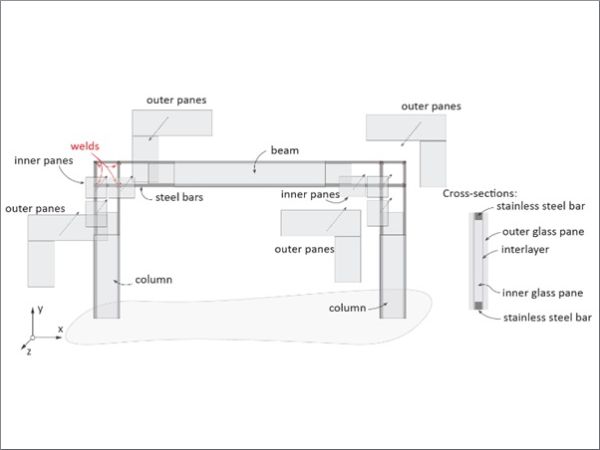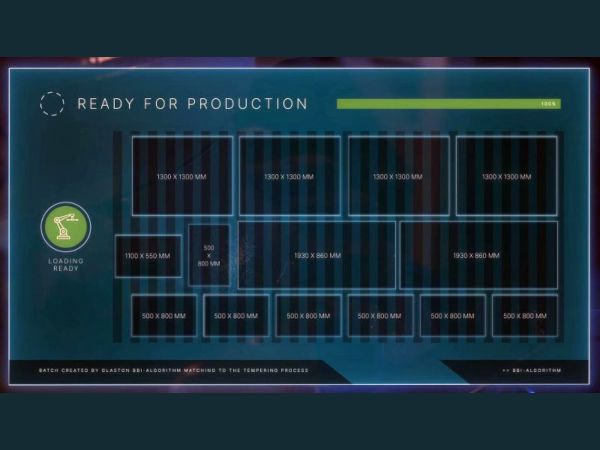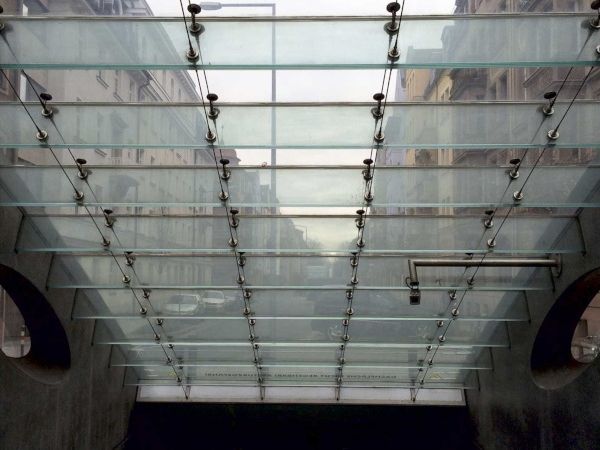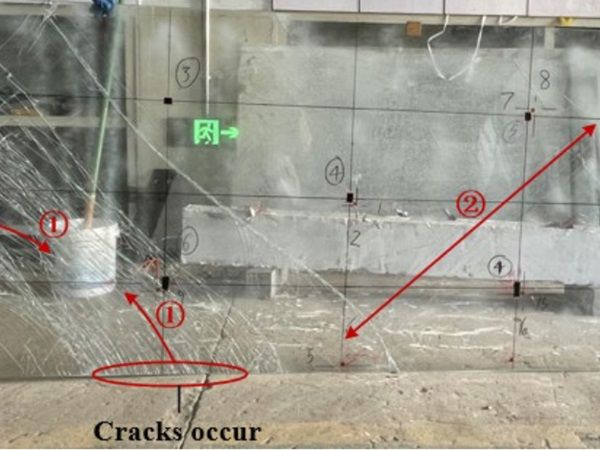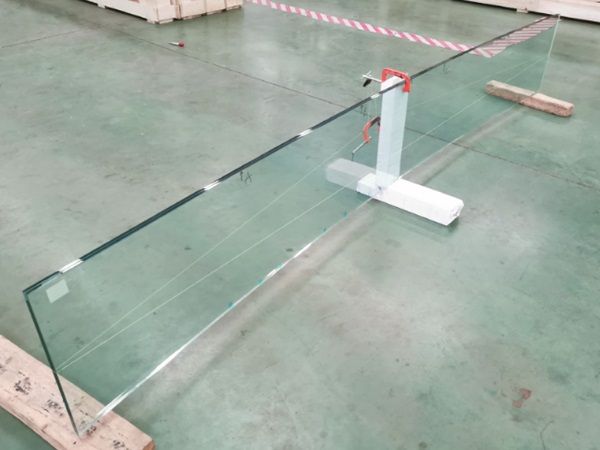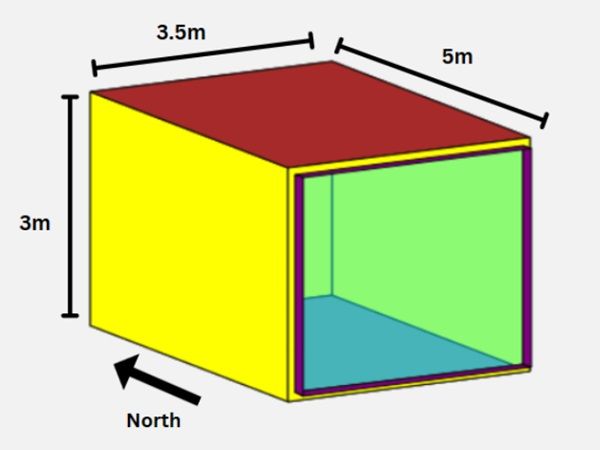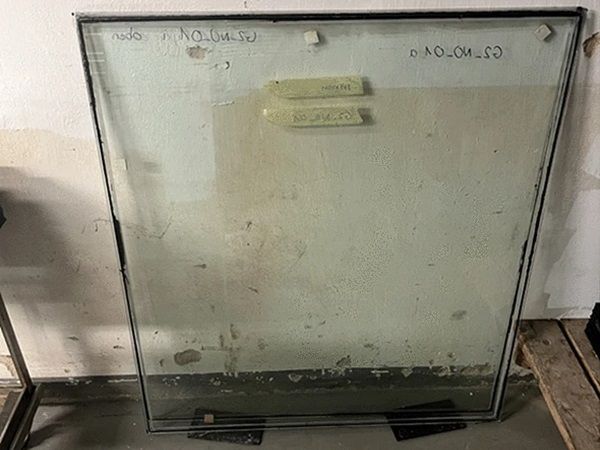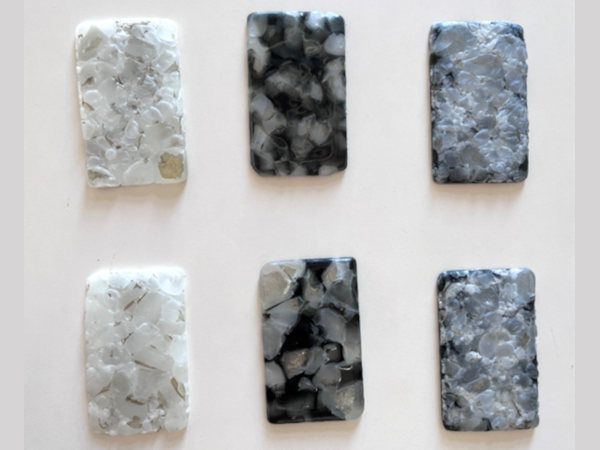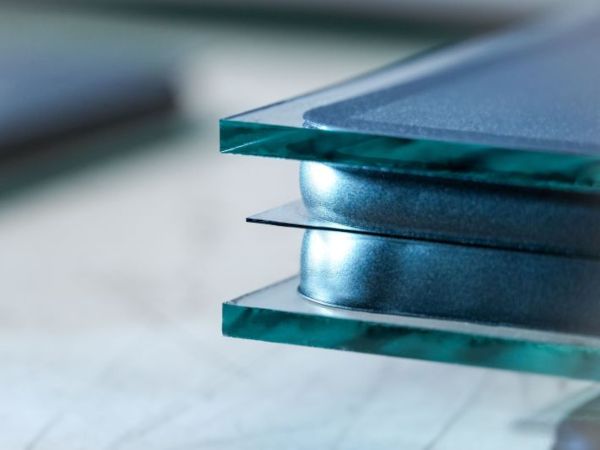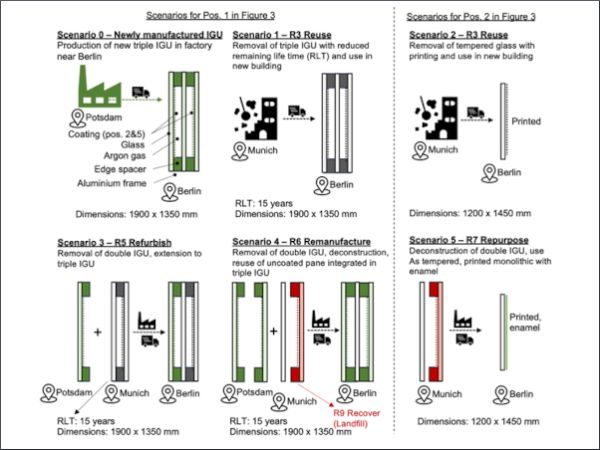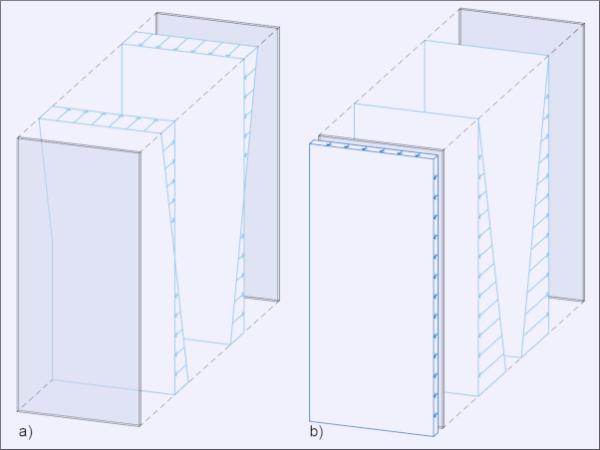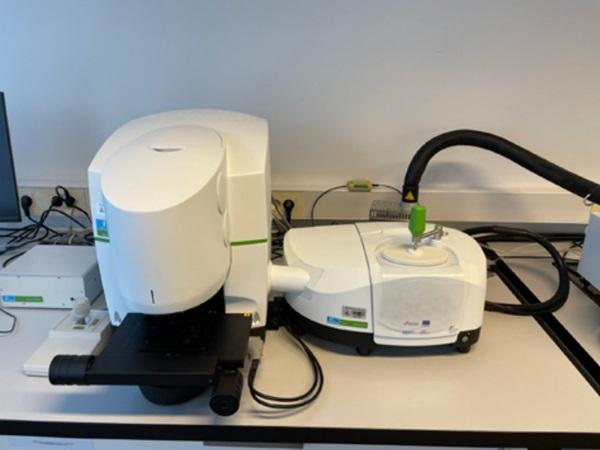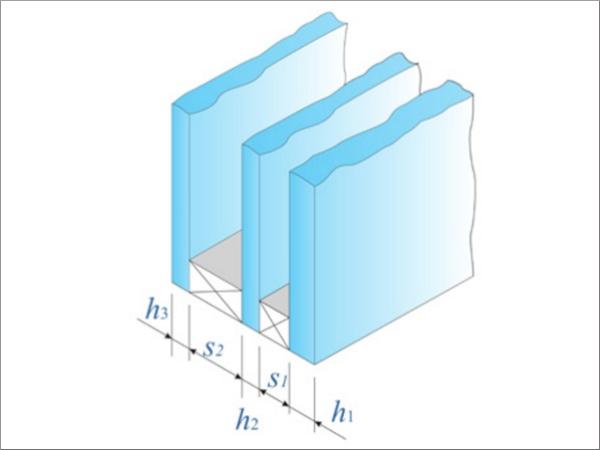Others also read
| The aim of this work is the mechanical description of the time-dependent behavior of Polyvinylbutyral (PVB) under large deformations considering quasi-static loading.
| In this paper, the behaviour of various Insulating Glass Units (IGUs) is examined under the influence of quasi-static uniform wind pressure and weather actions.
| In this paper, two specific liquid cold-poured interlayer adhesives are investigated for their mechanical material properties in an extensive test regime.
| Glass casting displays great forming potential allowing for the realisation of three-dimensional glass elements of virtually any shape and size, as showcased in glass art.
| Minor fluctuations in the tempering process of architectural glass lead to residual stress differences resulting in birefringence and undesired optical iridescence, also known as anisotropy effects.
| The organic design and seamlessly reflective surface of “The Henderson” establish it as a landmark in Hong Kong. With its all-glass façade and a height of 210 m, the skyscraper designed by Zaha Hadid Architects offers spectacular panoramic views.
| We discuss a novel approach, based on fractional calculus with a non-uniform time discretization, to numerically simulate interlayer viscoelastic behaviour and associated time-dependent deformation of laminated glass.
| Adhesion tests conducted on laminated glass include pure shear and tensile loading tests.
| The objective of the present work is the development and testing of a robust numerical model that can naturally introduce the generated crack pattern into virtual specimens and manage the interaction among many fragments.
| This paper focuses on a numerical investigation of the in-plane behavior of an innovative steel-reinforced glass frame prototype, designed to incorporate (partially) UV-curable beam-column connections.
| What glass processes gain the most from automation? In this blog, we’ll focus on some of the particularly promising application areas.
| This paper presents investigations on a novel approach for post-tensioning laminated glass beams with adhesively bonded iron-based shape memory alloy tendons along both longitudinal glass beam edges.
| In this paper, the anticlastic cold bending test was conducted to explore the influence of various factors, including aspect ratio, scale and composition of the plates.
| This paper investigates the post-fracture spring-back effect and the post fracture behaviour in warm bent glass, aiming to assess its safe use in structural glass applications.
| This paper aims to quantify the savings achieved through the ERM of secondary layer addition to existing glazed facades, for a high WWR office building in cooling and heating dominated climate locations.
| This paper deals with the question of how old insulating glass units can be re manufactured to match the state of the art in terms of the energy efficiency.
| This research examines the viability of recycling soda lime glass from post-consumer Insulated Glass Units (IGU), mixing various types of architectural glass cullet and fusing them into flat plates by using electric kilns.
| In this latest Glastory blog, Uwe Risle explains why thin triple IG units are gaining popularity and what the key differences are between thin triple IGUs and other insulating glass types.
| In order to minimize the environmental impact of glass by preserving the embodied carbon and substituting newly produced glasses, the reuse of glass is considered to be of the highest potential.
| This paper is concerned with the design of a load-bearing adhesive joint for use in a fluid-filled insulating glass unit.
| The research presents advantages and disadvantages for each different load type regarding interlayer chemical response.
| The BAM approach is here validated by means of comparison with numerical results obtained with MEPLA-ISO software.
| Today talking about the trends, challenges, and innovations of flat glass lamination on Glastory.

